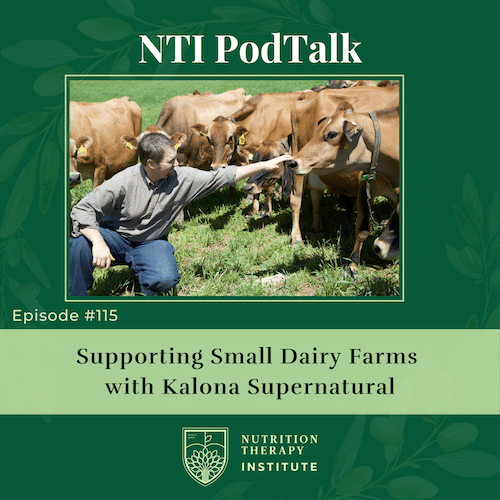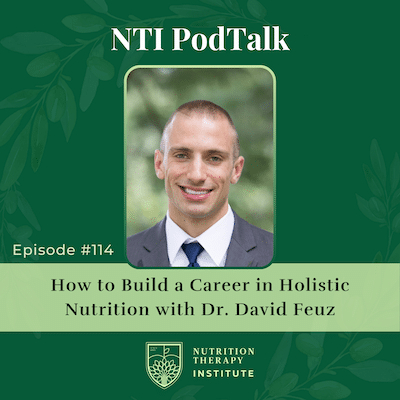
Share this post!
The ketogenic diet is trendy and popular, but is it right for you? If a healthcare practitioner has recommended that you try the ketogenic diet, or if you have friends who rave about it, you probably have a lot of questions. Most of all, you want to know if it will help you or hurt you. So what are the risks and benefits of a ketogenic diet?
The ketogenic diet is a low-carb, high-fat diet. The diet restricts starches and sugars to the point that your body is forced to rely on fats for energy. When fats are broken down, your body produces acidic compounds called ketones. That’s why the diet is called “ketogenic.”
4 Potential Benefits of the Ketogenic Diet
When your body adjusts to the ketogenic diet, it becomes extremely efficient at burning fats and producing ketones. The ketones then serve as a steady source of fuel for your brain cells and other cells of the body. The change in the body’s metabolism and the presence of ketones explain many of the potential benefits of the ketogenic diet.
Brain Health
The ketogenic diet was originally developed as a way to decrease seizure activity in patients with epilepsy. Researchers at Harvard Medical School noticed that fasting for two or three days reduced the frequency of seizures in their patients. They thought the reason might be that the body shifted from burning sugar to burning fats. Then in 1921, a group at the Mayo Clinic designed a diet to mimic the metabolic state of fasting. That was the classic ketogenic diet.
Over recent decades, we’ve learned that a steady supply of ketones to fuel brain cells might be helpful for more situations than just epilepsy. Studies on the mechanisms of the ketogenic diet suggest that it supports mitochondrial function, blood flow to the brain, and the metabolic function of brain cells.
In many conditions related to cognitive or memory problems, the brain becomes less efficient at utilizing sugar for energy. Ketones provide an alternative source of energy that is steady and reliable. Because of this, researchers and doctors suggest that the ketogenic diet might make sense for people who want to support healthy memory as they age.
Blood Sugar and Cholesterol Metabolism
The ketogenic diet dramatically reduces a person’s intake of carbohydrate-rich foods and sugars. This means that people don’t experience spikes in blood sugar or insulin. For people who struggle with insulin resistance of blood sugar metabolism, this can be invaluable. A study published in 2017 found that people with type 2 diabetes maintained better control over their blood sugar levels with a ketogenic diet than with a low-fat diet.
Research also suggests that the ketogenic diet may support healthy cholesterol metabolism. One study showed that when people followed the ketogenic diet for six months, they experienced decreased triglyceride levels, decreased LDL cholesterol, and increased HDL cholesterol.
Weight Management
The ketogenic diet has become wildly popular as a weight-loss strategy. Part of the reason that it’s so attractive to people who want to lose weight is that it shifts the metabolism to burn fat efficiently. Studies also show that the ketogenic diet helps people feel full faster and stay full longer—resulting in lower caloric intake throughout the day.
Several studies have found that a very-low-carbohydrate ketogenic diet is more effective for weight loss than a low-fat diet.
Support During Cancer Care
Another time when many people choose to follow a ketogenic diet is during cancer care. The ketogenic diet is not a treatment for cancer, but it might shift the metabolism in a way that is supportive for people with cancer.
People who advocate the use of the ketogenic diet during cancer care argue that the ketones provide fuel for healthy cells, while the restriction of sugar limits fuel for cancer cells. A review of ten studies, published through 2017, found that the ketogenic diet supported healthy weight maintenance and some metabolic biomarkers in people with cancer. However, not all studies were consistent, and more research is needed. If you’re questioning whether it’s safe to follow a ketogenic diet during cancer care, check out the article here.
4 Potential Risks of the Ketogenic Diet
Electrolyte Imbalance
When people first begin a ketogenic diet, they sometimes experience a headache, dry mouth, nausea, or other uncomfortable effects. People call this the “keto flu.” Part of the reason these unwanted effects may occur is because of electrolyte imbalance.
As the body shifts from burning sugars to burning fats, the ketones that are produced can cause people to urinate more. That means the body loses water and electrolytes—like sodium, potassium, and magnesium. Drinking plenty of water, eating sea salt, and taking an electrolyte supplement can help maintain healthy electrolyte levels.
Low Nutrient Intake
The ketogenic diet is defined by the amount of carbohydrate, protein, and fat that it provides. It’s not defined by the quality or nutrient density of the included foods. That means people can follow the diet in a healthy or unhealthy way. Even for people with the best intentions, however, the restricted diet makes it hard to consume some key nutrients.
For example, it’s tricky to consume much fiber while on a ketogenic diet. The diet eliminates all grains, root vegetables, and fruits—which are important sources of dietary fiber. Depending on food choices, some people may have trouble consuming adequate levels of calcium, magnesium, folate, or vitamin C. Professional organizations recommend that everyone following a ketogenic diet also take a multivitamin and mineral supplement.
Changes in the Gut Microbiome
It’s well known that the foods we eat profoundly affect the complement of microbes that inhabit the gut. When people transition to eating a very low-carbohydrate and high-fat ketogenic diet, this inevitably shifts the gut microbiome.
Whether the changes that occur in the gut in response to a ketogenic diet are helpful or hurtful is still up for debate. One recent study suggested that changes in the microbiome may be essential to the anti-seizure effect of the ketogenic diet.
In a 2019 review article about the interaction between the ketogenic diet and the gut microbiota, researchers suggested a list of ways to support gut health. When following a ketogenic diet, they recommended that people reduce their intake of animal foods, include fermented foods, and consider taking supplemental prebiotics or probiotics.
Changes in Inflammation
Just as diet affects the gut microbiome, it also affects the pathways of inflammation. Whether the ketogenic diet has a beneficial or detrimental effect on inflammatory pathways may depend on the types of fats people choose to eat.
A recent study in animals found that when a ketogenic diet provided a large amount of medium-chain triglycerides (MCTs, like in coconut oil), the diet aggravated inflammation in the skin. When the diet substituted MCTs with fats like olive oil, fish, and nuts, it did not aggravate inflammation.
Following a Ketogenic Diet
The ketogenic diet is one of the most restrictive types of diets. Although it may offer many potential benefits, it’s not without risks. If you’re thinking about trying the ketogenic diet, it’s best to consult with a nutrition therapist or other qualified healthcare professional. Also, be proactive in learning about how to follow a ketogenic diet in a healthy way.
And stay tuned—in an upcoming blog post, we’ll cover three different ways to follow a ketogenic diet.
About the author: Sarah Cook, ND, is an instructor at the Nutrition Therapy Institute. She is also the owner of ND Pen, providing branding, copywriting, and website design services for integrative healthcare practitioners. Connect with Sarah at ndpen.com.
About Nutrition Therapy Institute’s Holistic Nutrition Certification
Since 1999, Nutrition Therapy Institute has been the leader in holistic nutrition education. Providing students with the highest quality in nutrition training by offering comprehensive holistic nutrition courses online and in person. Ready to start your journey to health through nutrition? Sign up for a free informational webinar to learn why NTI is the top choice for nutrition education.
Image: The Picture Pantry/Alloy/Getty Images
Share this post!


















